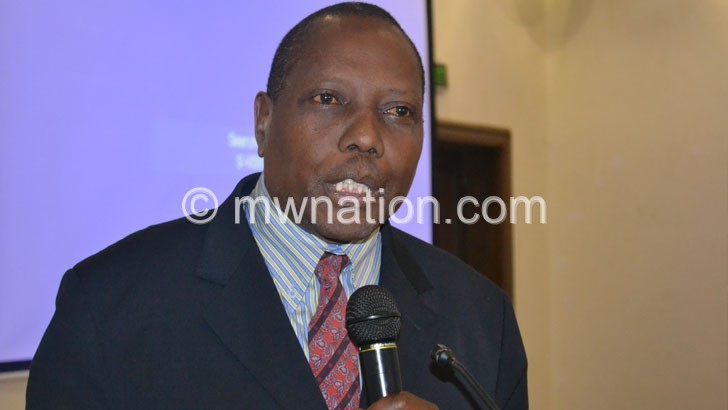Free-floating exchange rate regime still working—economists
Economic experts have backed the free-floating exchange rate regime Malawi is currently implementing, saying it has pushed the economy out of the setbacks experienced during the fixed exchange rate regime.
Malawi abandoned the fixed exchange rate regime in April 2012 after devaluing the kwacha by 49 percent and left it to be determined by the market forces of demand and supply.
Since then, the local unit has depreciated sharply against the dollar, from K140 per dollar in 2012 to around K730 in December 2016.

Ben Kaluwa, an economics professor at Chancellor College, a constituent college of the University of Malawi, in an interview last week, advised that people should not just focus on how much the kwacha is selling on the market, but the positive impact.
He said: “It [the free-floating exchange rate regime] is a rationing mechanism, more like the automatic pricing of fuel. It is better than putting a fix on things.
“A mechanism that goes up and down is better than a fix on things.”
Kaluwa said with the depreciated exchange rate, exporters are assured of a good kwacha value on their dollar; hence, this could also boost exports and limit imports which have been worsening the trade gap.
Despite the adoption of the free-floating exchange rate regime, there has not been much improvement with regard to the country’s trade deficit as the level of imports keeps on rising.
Since 2012, exports have increased by 39 percent while imports jumped by 89 percent, according to figures from the National Statistical Office (NSO).
Commenting on the same, Catholic University head of economics department Gilbert Kachamba observed that the current exchange rate regime has acted as a cushion to external trade shocks than other regimes.
“The free-floating exchange rate has, so far, been good to the economy looking at global participation in terms of trade, which is almost insignificant. It has shielded us from many economic catastrophes, for example, the fuel shortages of 2012,” he said.
Kachamba said the fixed exchange rate regime meant that even if there is lack of foreign exchange people will access the dollar at the same price and forex becomes scarce, which in turn affect the value of the currency.
However, the two experts agree that the exchange rate has no impact on inflation, arguing that in Malawi, the rise in prices of goods and services is driven by the domestic culture of consumption. n





